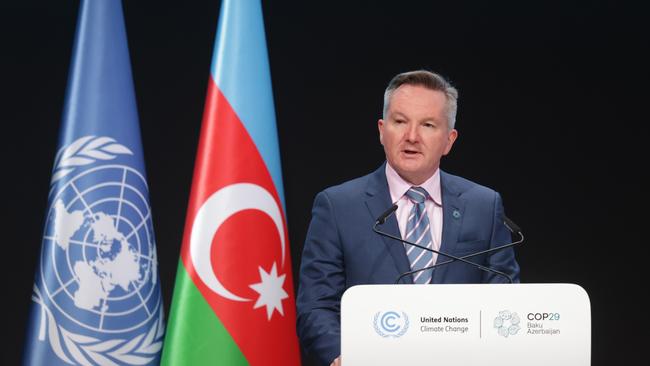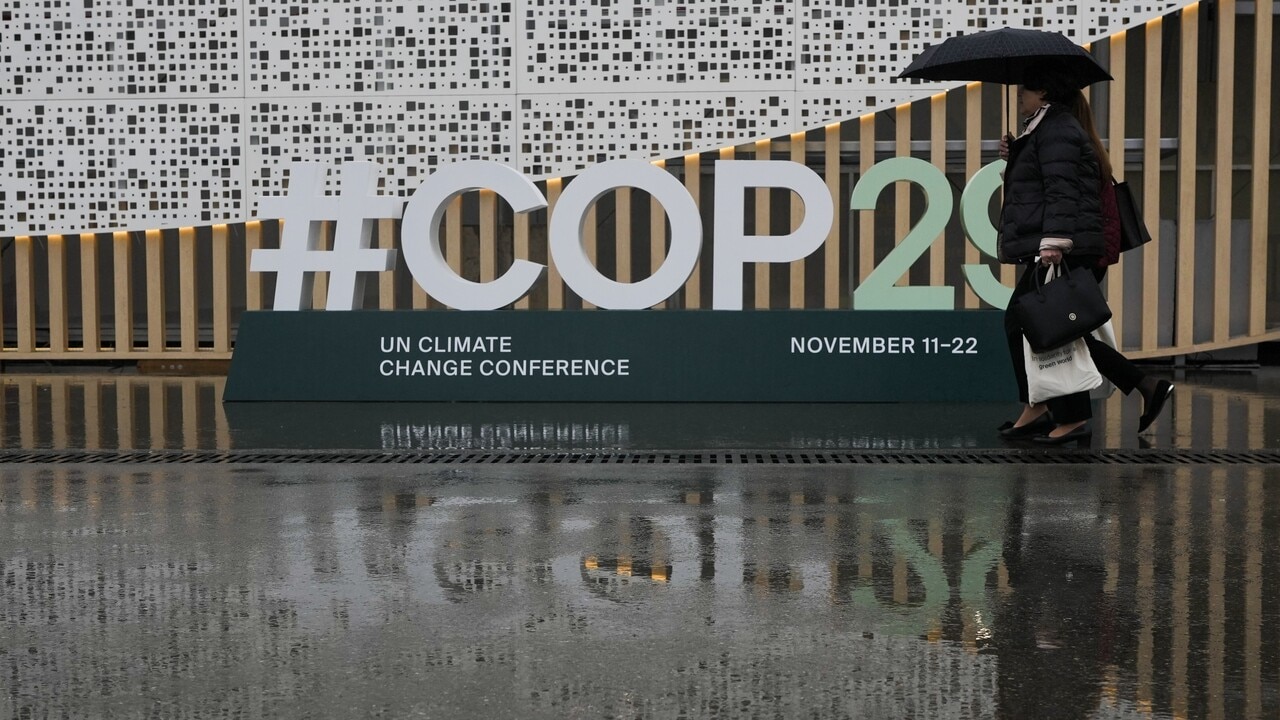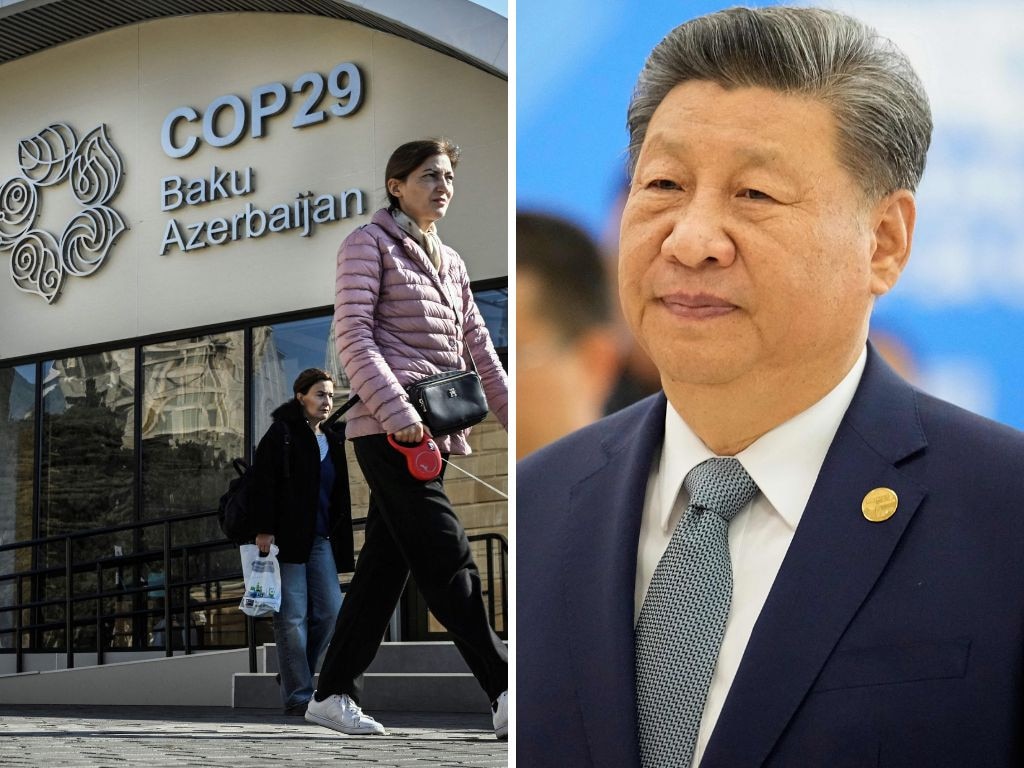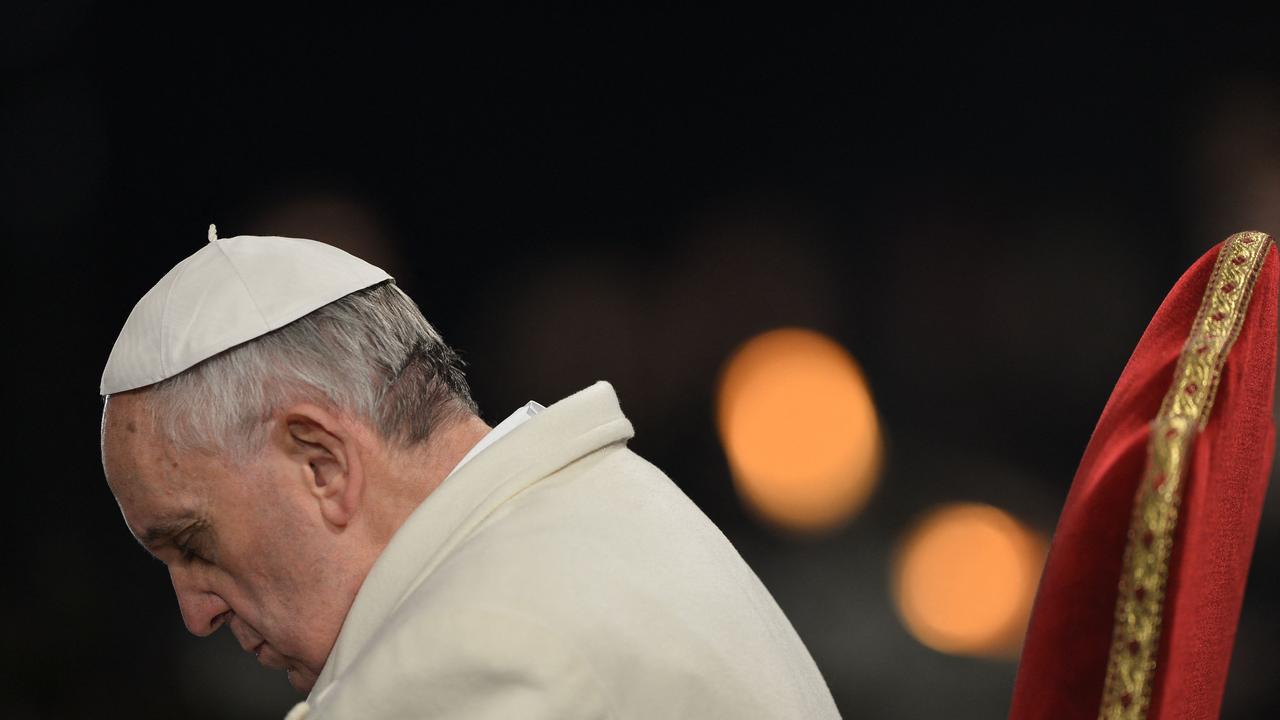COP message clear: nuclear is inevitable, so what’s our problem?

Last year’s COP in Dubai saw 25 nations pledge to triple nuclear generation by 2050. Another six signed on at COP29 in Baku last week, showing nuclear energy has become mainstream in international climate negotiations.
What’s striking is the widespread recognition that achieving global climate goals is a monumental challenge, and nuclear energy must be a major part of the solution. This shift reflects a growing awareness of the tough realities involved. Gone are the days when COP meetings were idealistic gatherings full of utopian visions about saving the planet. Today, these conferences are more like “reality summits” with governments, businesses, and NGOs immersed in the complexities of transforming global energy systems.
Take the announcements from some of the world’s biggest tech companies. Microsoft, Amazon, Google and Oracle have committed to using nuclear power to fuel their data centres, which are experiencing double-digit growth. Chemical giant Dow is investing in small modular reactors to produce high-temperature process heat at one of its Texas facilities, while the US’s largest steel maker, Nucor, has signed deals with leading SMR developer NuScale and fusion developer Helion as way of delivering zero-emission steel at its electric arc furnaces.
Together they show nuclear isn’t just being discussed in theoretical terms but is being actively implemented in various sectors.
Discussions at Baku have also explored how nuclear could revolutionise other hard-to-decarbonise industries. Major shipping firms are considering nuclear energy to power their vessels and electrify port operations. Hydrogen production, another critical piece of the net-zero puzzle, could benefit from nuclear’s ability to generate large amounts of zero-emission energy.
In short, nuclear energy is emerging as a versatile and indispensable tool for decarbonising sectors that were once thought to be impossible to green.
Reflecting Europe’s ever-present concerns about Russia’s use of energy as a geopolitical weapon, conversations at COP29 have also focused on the critical issue of energy security. Countries are increasingly aware of the need to diversify supply chains and avoid overreliance on nations with adversarial interests.

This theme was central to the announcement by Romania’s nuclear power company that it will be building two new Canadian CANDU reactors, supported by Canadian, US and Italian partners. These reactors, the first new CANDUs to be built since 2007, underscore how nuclear energy is being used to reduce dependence on Russian energy and secure long-term energy stability. AtkinsRéalis Group Inc’s recent deal to build these reactors highlights the growing commitment to nuclear as a core component of many nations’ decarbonisation strategies.
The humanitarian angle was also evident. The US is helping Ukraine construct three nuclear reactors to replace infrastructure destroyed by Russian attacks. This is a critical development for Ukraine’s recovery, while at the other end of the spectrum, a British NGO has launched a Marshall Energy Plan for Ukraine. This plan involves delivering solar panels and batteries to provide power in areas where the energy supply has been obliterated, demonstrating a diverse approach to energy aid.
COP29 has become a “reality conference” because the discussions now focus on the serious business of how to cut emissions globally in a practical and efficient manner. The early enthusiasm for renewable energy alone has evolved into an understanding that the energy transition requires a multifaceted approach. As agreements become harder to nail down, the acknowledgment grows that transitioning global energy systems is a complex endeavour. This has made “all of the above” strategies – encompassing renewables, nuclear and carbon capture – more vital than ever.
Sama Bilbao y León, head of the World Nuclear Association, summed it up perfectly: “If our goal is to build more solar and wind, we’re doing okay. But if our goal is to decarbonise faster, we’re not doing so well. And if our goal is to generate 24/7 cheap, reliable energy, we need nuclear.” Her words resonate deeply, especially here in Baku, where serious climate leaders know that an “all of the above” approach is the only way forward.
Yet, amid this growing pragmatism, Australia finds itself sidelined in the conversation, despite having close to a third of the world’s uranium. Many of its major trading partners are doubling down on nuclear energy, and neighbouring countries such as Singapore and Indonesia are exploring nuclear in providing 24/7 zero-emission power.
The message from Baku is clear: the world has accepted the reality that decarbonisation is tough, and nuclear energy is part of the solution. Australia, however, is still arguing about where to start. The sooner Australia accepts the inevitability of nuclear, the better positioned it will be to join the global push for a cleaner, more secure energy future.
Cristina Talacko is chief executive of Coalition for Conservation, an environmental charity working with centre-right politicians on energy and climate change.





Over the past four years, the United Nations annual climate change talks have seen a remarkable shift in their stance on nuclear energy. Once treated as the Voldemort of emissions reduction, nuclear power has steadily moved from being sidelined to playing a key role in decarbonisation discussions.